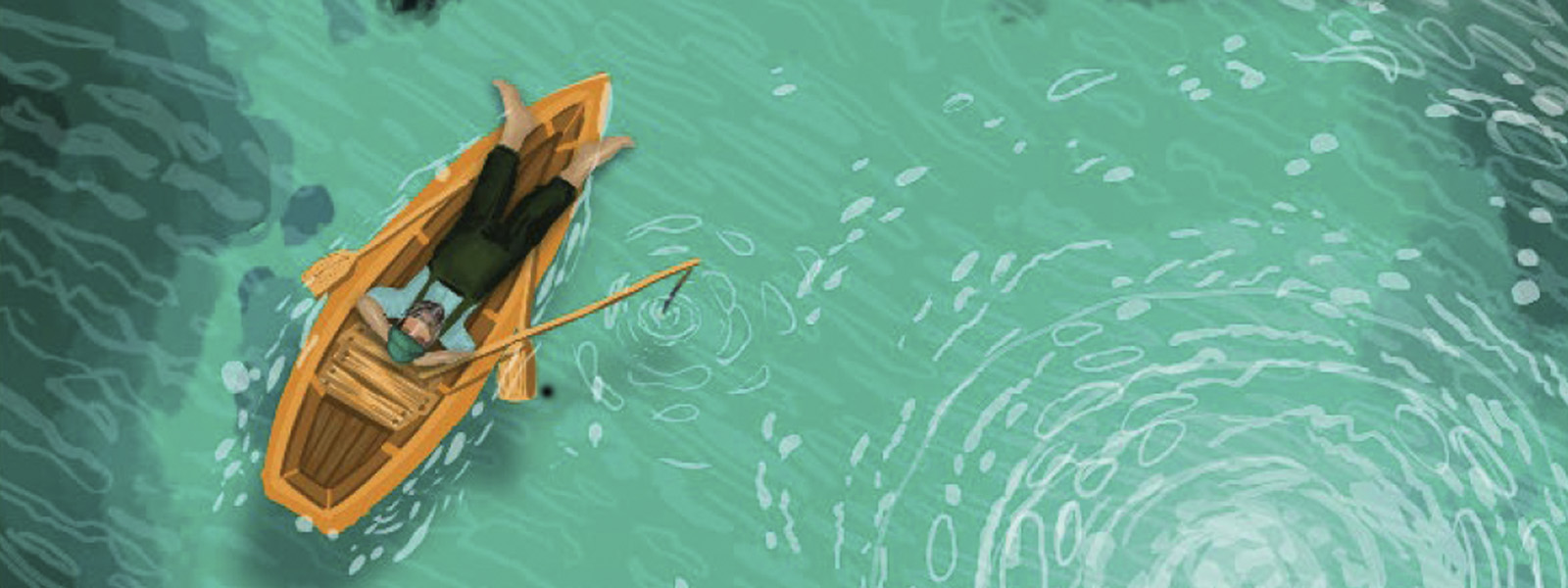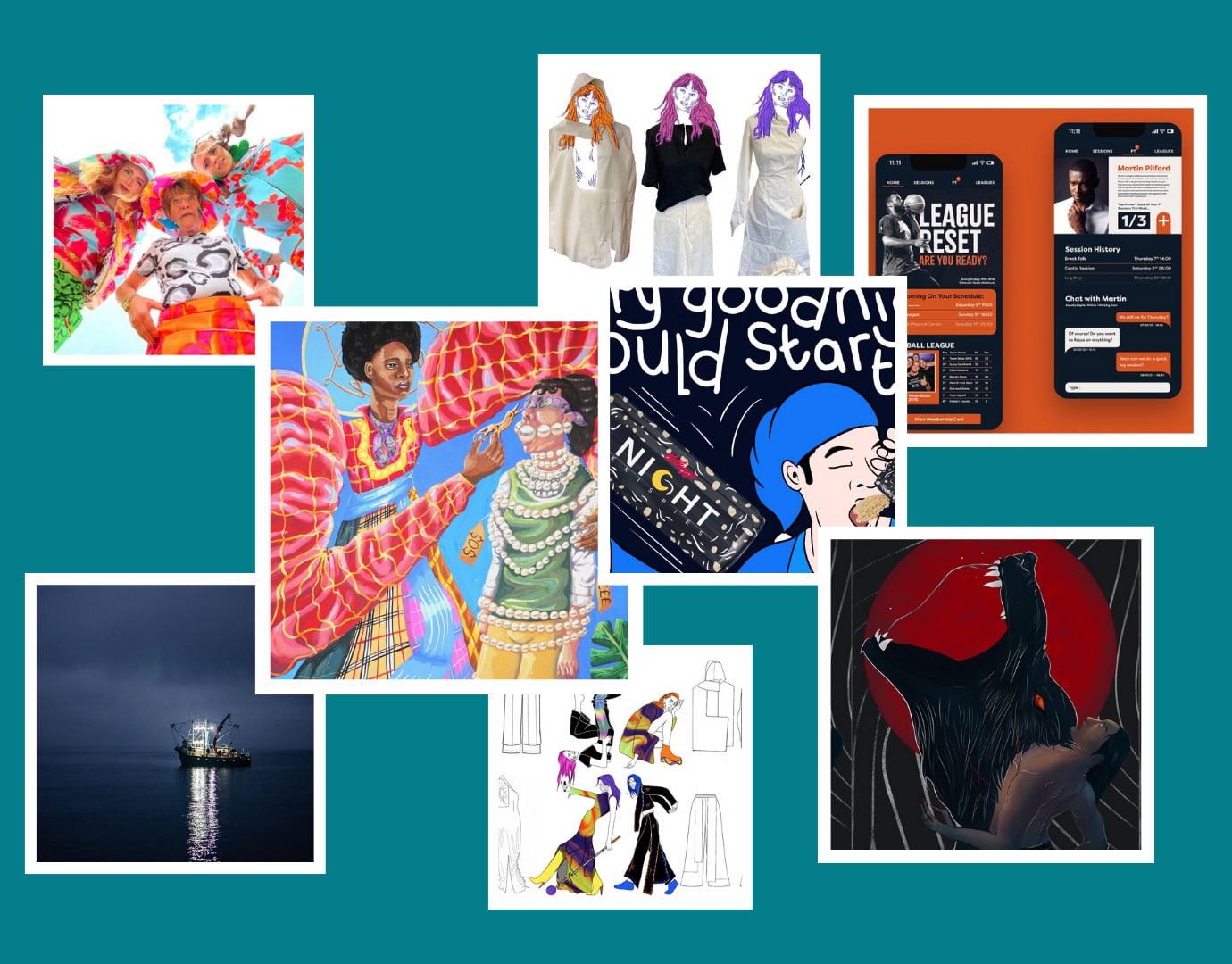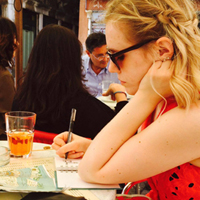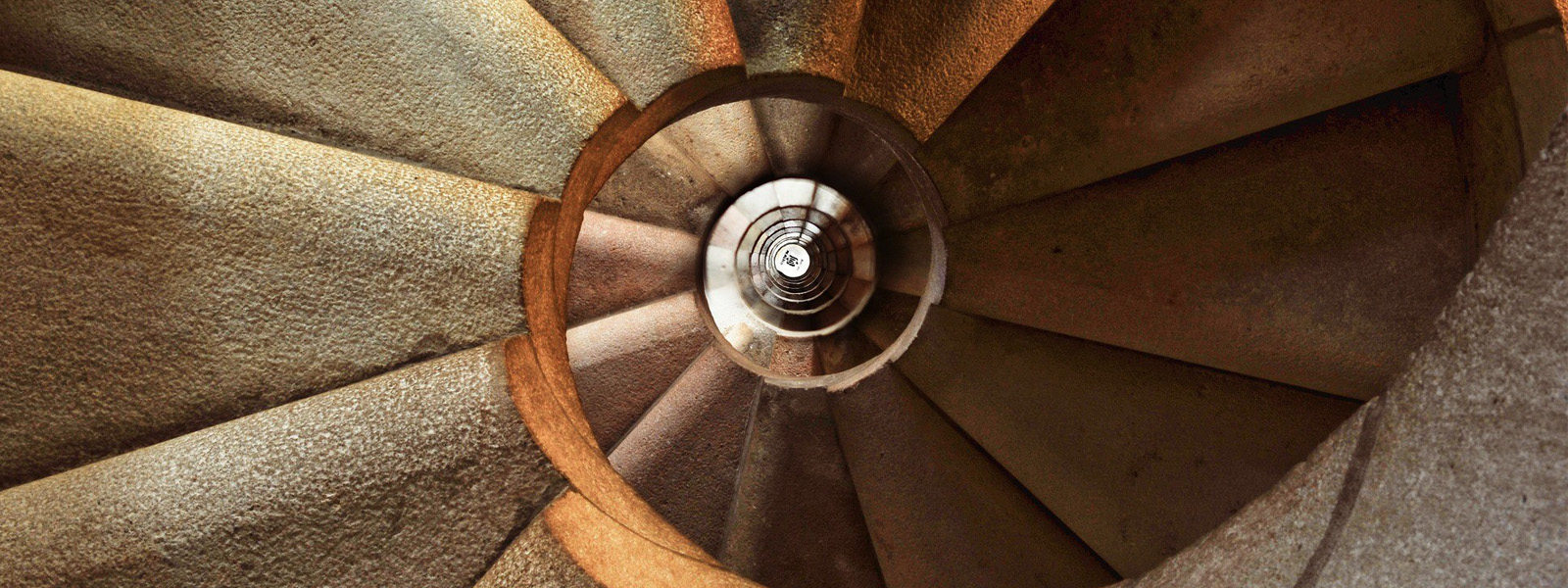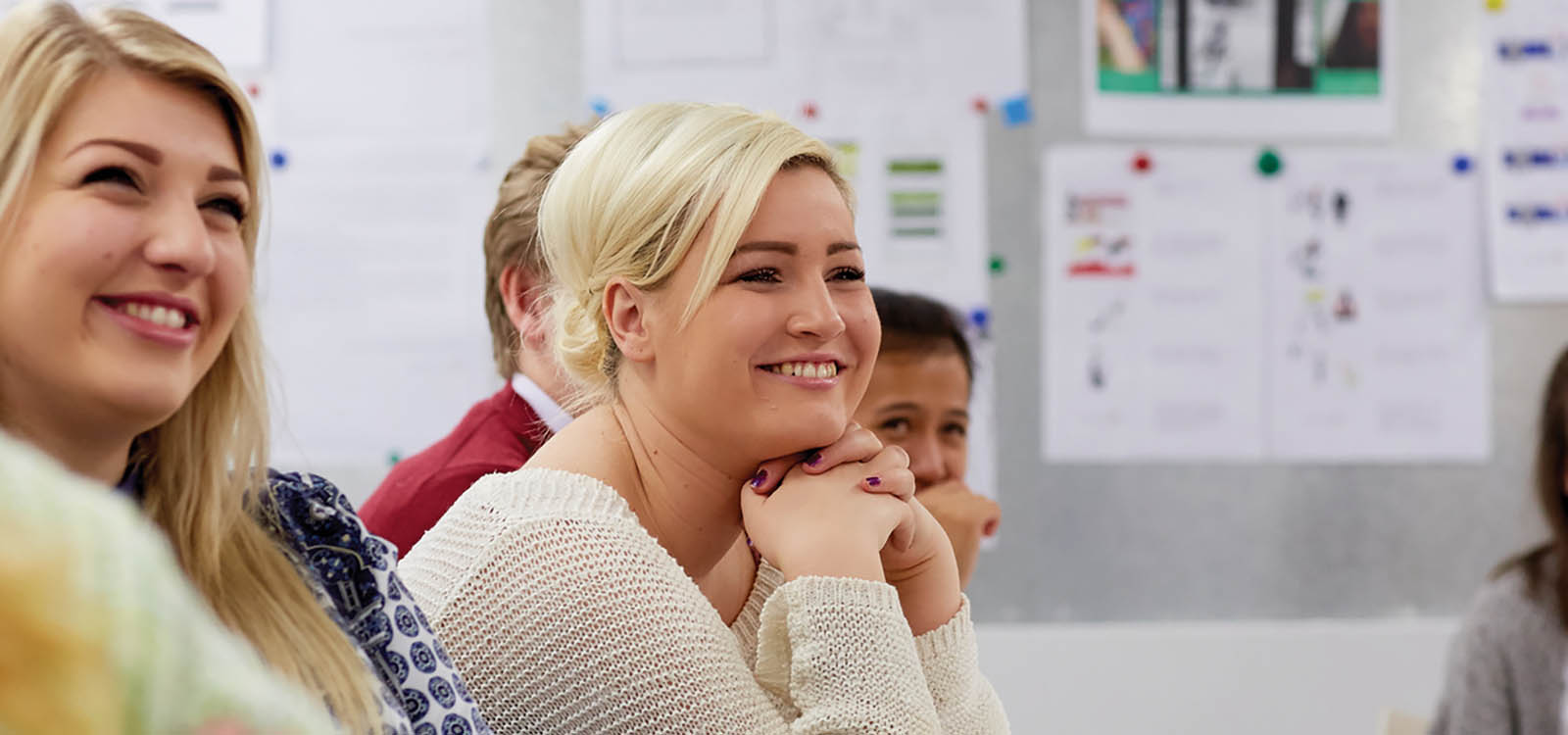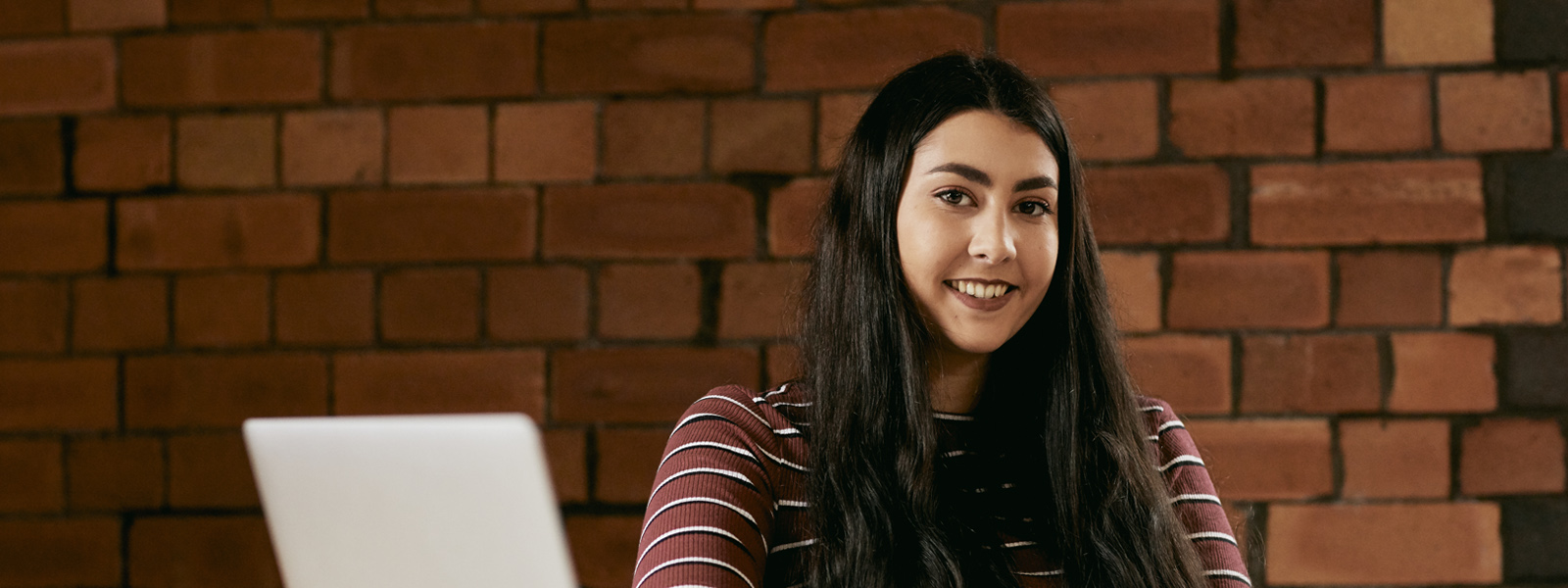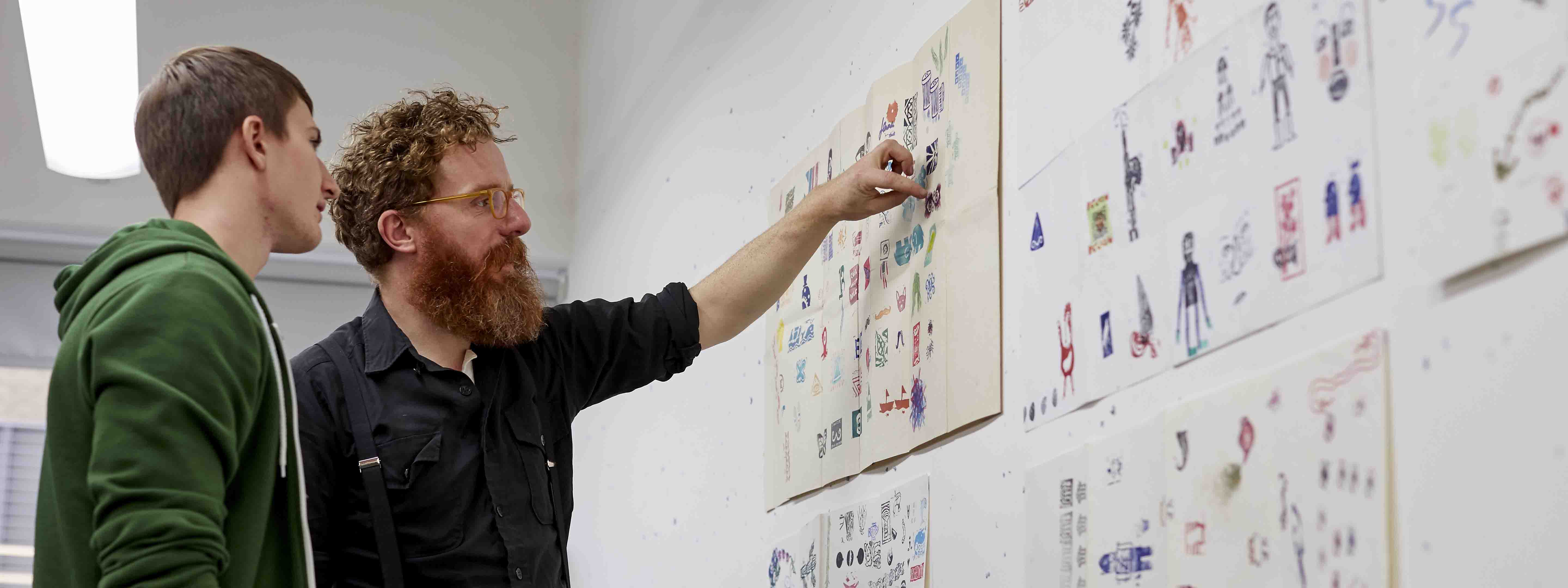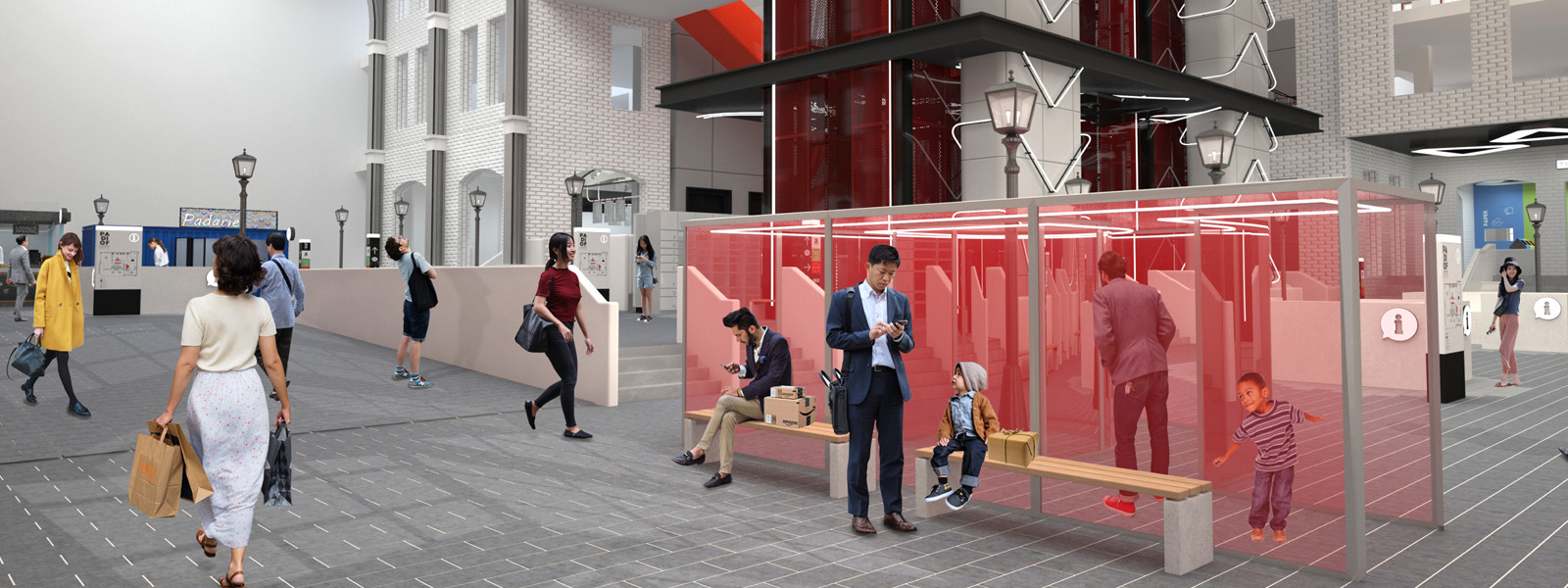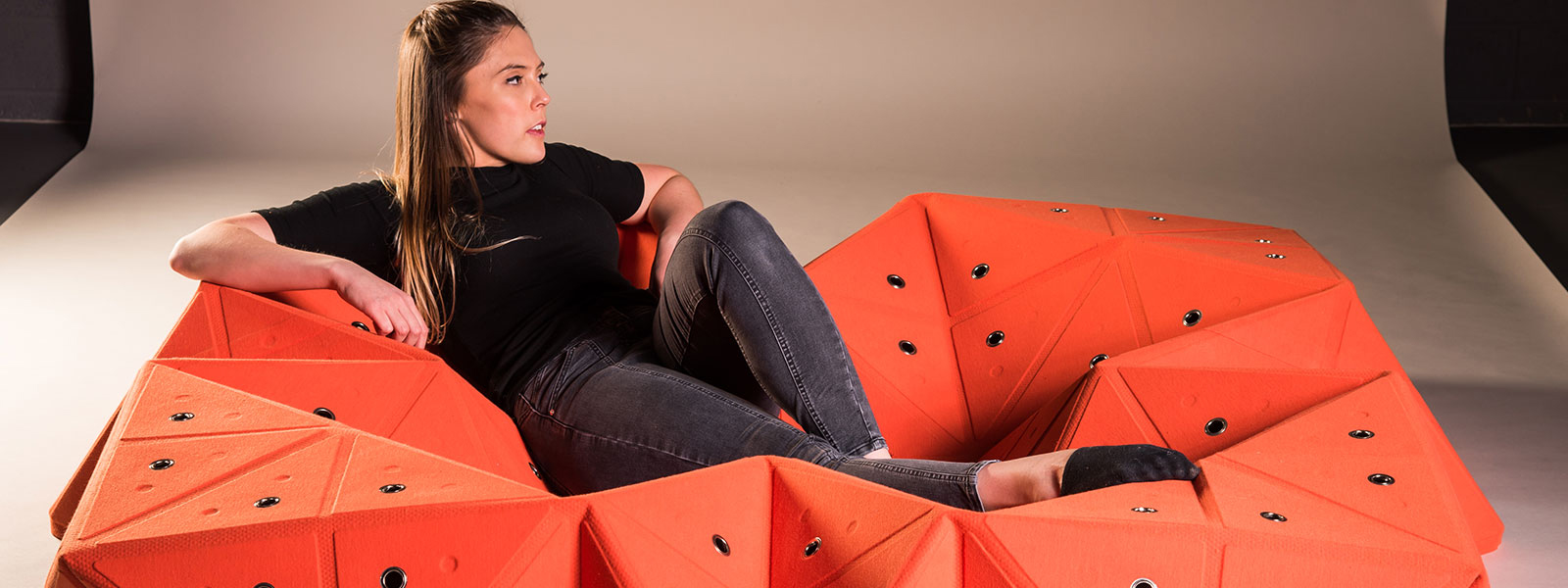How You Study
This BA (Hons) Illustration degree aims to help students to explore their personal direction, as an illustrator in preparation for a career in industry. By delving into both traditional and contemporary approaches to illustration, this course deals not just with 'what it is', but also what you think it should be.
Tutors place an emphasis on experimentation, and on developing an ability to visually communicate with audiences by seeing relationships between image and text, or the spoken word. The course is also focused on helping students to contextualise the profession of illustration in relation to society.
Students are able to develop a professional portfolio of work by engaging with independent, collaborative, and industry-led briefs and projects, and by developing a range of professional skills that will serve them throughout your career.
The first year of study focuses on helping students develop visual and conceptual skills through drawing, painting, printmaking, collage, and associated digital, design, illustration, and thinking processes.
This is followed, in the second year, by the study of editorial and book illustration aimed at selected clients and audiences. During this year, ethically and culturally orientated issues and debates are explored.
In the final year, students may have the opportunity to respond to contemporary illustration briefs, including 'live' competitions. The focus is on enabling students to produce a portfolio that showcases their unique, individual abilities and a bespoke approach to illustration.
Studio practice is a key element of this course, and students will have the opportunity to spend a lot time in a creative studio environment. Teaching and learning experiences may include studio activities, peer groups, lectures, workshops, seminars, and group tutorials. Students can also benefit from face to face consultation with your tutor during portfolio reviews and around self-directed projects.

